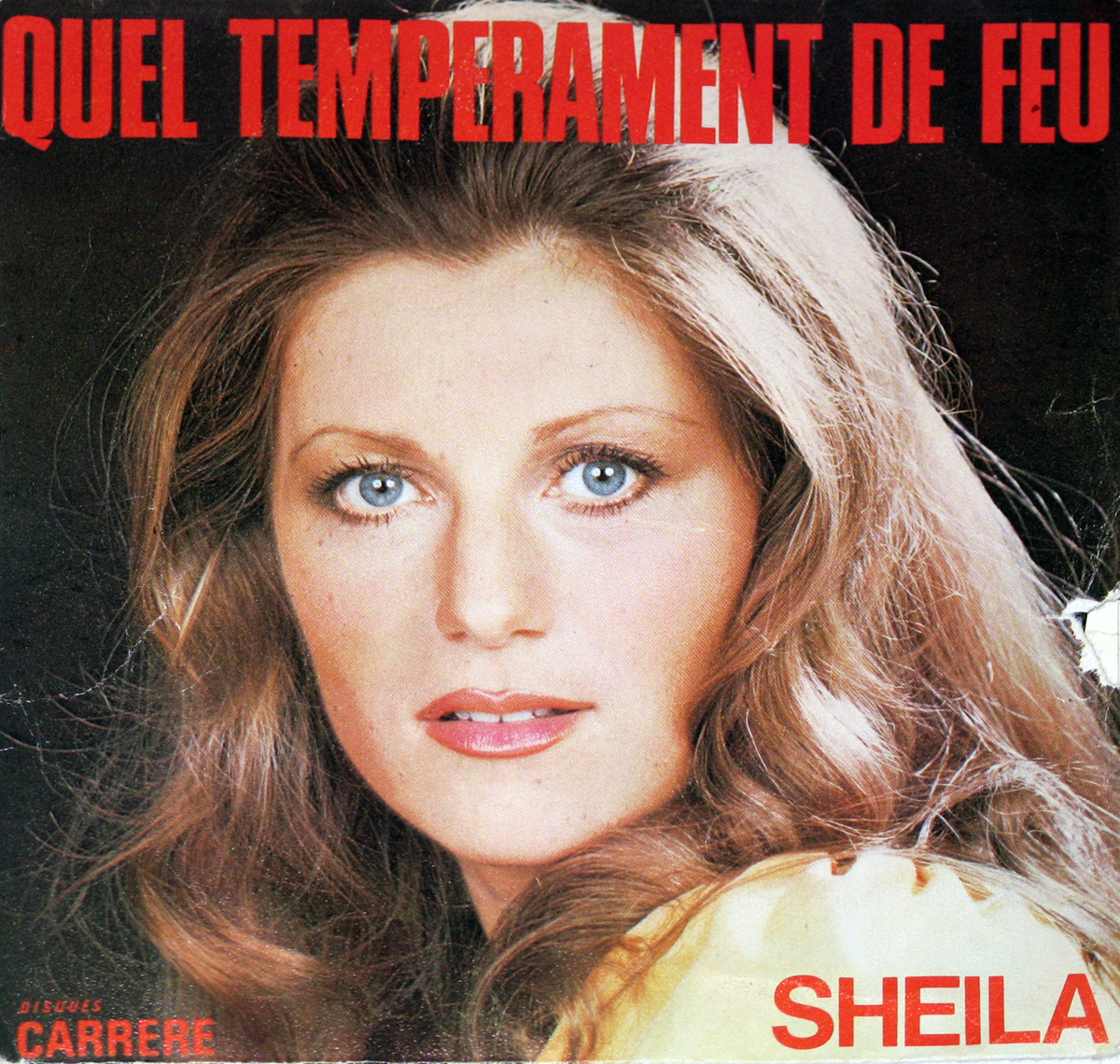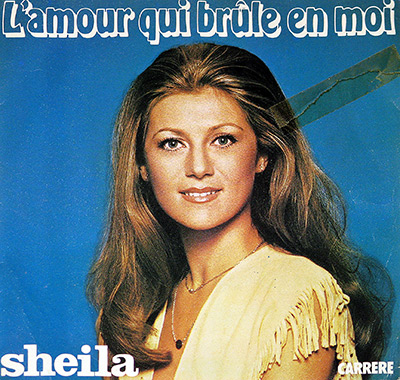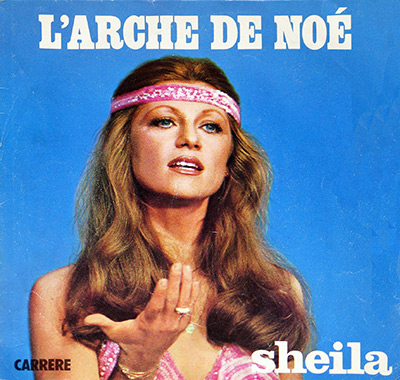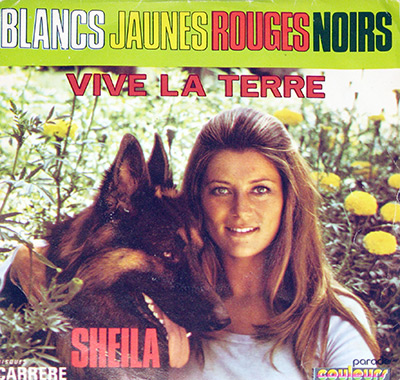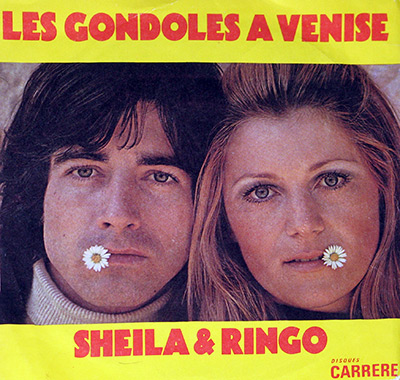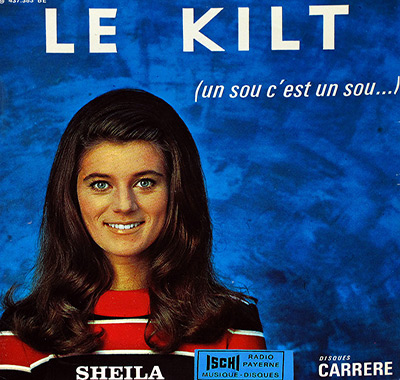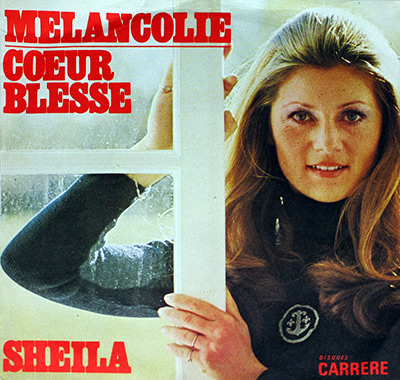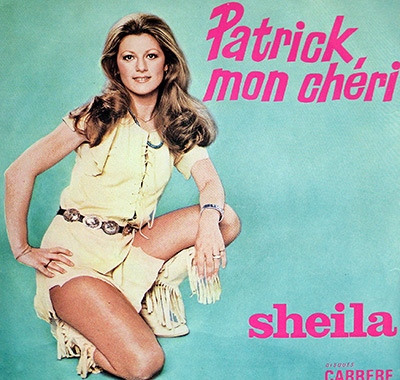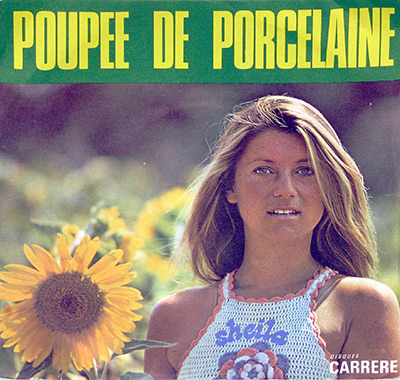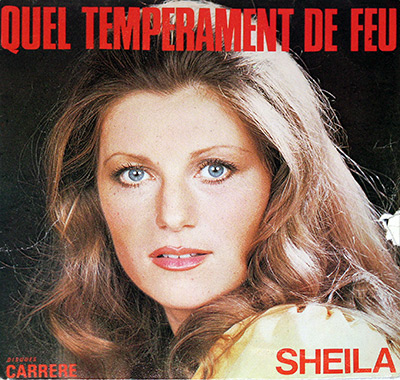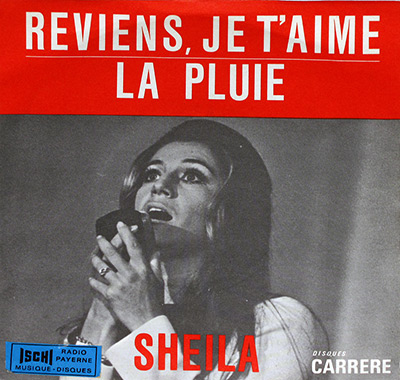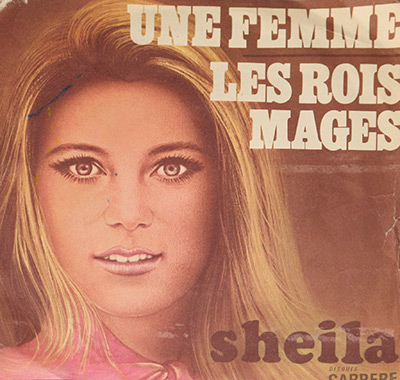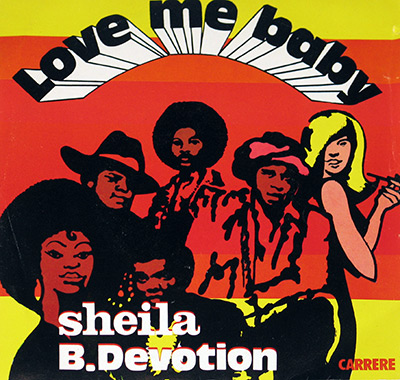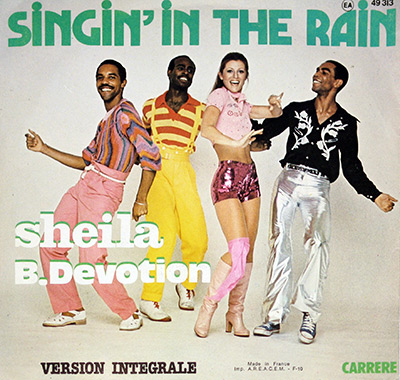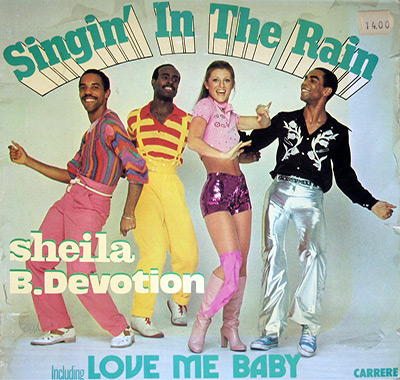Album Description:
Introduction: A Pop Star at the Crossroads
In the mid-1970s, the French singer Sheila (real name Annie Chancel) found herself at a turning point. Having established herself in the 1960s as a “yé-yé” girl idol, she was beginning to reinvent her sound and image as musical fashions shifted. Her 1977 single "Quel Tempérament de Feu" marked that decisive pivot. In this article we’ll dig into the historical context of the time, explore the genre landscape she moved into, unpack the musical experiments and key collaborators, address identity changes, and consider the cultural reactions that accompanied this transformation.
Historical Context: France & the World in 1977
In 1977, the world of pop music was spinning faster than ever. The oil crises of the early 1970s had faded into the background, and the decade’s final years were defined by escapism, glitter, and disco balls. Across the Atlantic, Donna Summer and the Bee Gees ruled the dance floors, while in France, artists were blending chanson tradition with the new pulse of international disco-pop. Claude François was still dazzling audiences with his polished stage shows, Dalida was embracing disco and drama with tracks like “J’attendrai,” and Michel Sardou dominated the radio waves with his anthemic ballads. Meanwhile, younger voices like Sheila were experimenting with rhythm and modern production, merging French melodic sensibility with global trends. The analog world was still intact, but the soundscape had turned electric—France was dancing its way into a new era of pop modernity.
Genre: From Yé-Yé to Disco-Pop
Sheila’s career began in the early 1960s as part of the French yé-yé movement—a playful pop style influenced by American rock’n’roll and British beat music. It was colorful, innocent, and instantly catchy—the musical equivalent of a bright, new miniskirt. By the mid-1970s, however, the cultural climate demanded a more sophisticated sound. Disco was dominating clubs across the U.S. and Europe, with artists like Donna Summer, The Bee Gees, and Chic redefining what pop could feel like. In France, singers such as Dalida and Claude François were also experimenting with this lush, rhythmic production style. Sheila’s "Quel Tempérament de Feu" sits right in the middle of that evolution—French in its melody, yet internationally minded in its groove and production.
Musical Exploration
Musically, this single shows Sheila shedding her old skin. The rhythm section drives the song with dance-floor precision, the bassline pulsates with a funk sensibility, and the arrangements carry traces of both orchestral disco and pop accessibility. Synthesizers and electric pianos begin to replace the simpler acoustic arrangements of her earlier hits. The title track, with its brassy flair and strong rhythm, celebrates independence and female vitality—a theme mirrored in the title itself, which translates roughly to “What a fiery temperament.” It’s the sound of a performer growing up and turning the stage lights toward confidence and self-expression.
The B-side, “Laisse-toi Rêver” (“Let Yourself Dream”), offers a gentler counterpart—romantic, reflective, and melodic. Together, these two tracks capture Sheila’s transition from the pure pop innocence of her early years to the more rhythm-driven, confident energy that would soon blossom into her full disco persona. Her voice—clear, powerful, and distinctively French—anchors both songs with the poise of a singer ready for reinvention.
Key Persons Behind the Recording
The single was produced by Claude Carrère, Sheila’s long-time manager and creative partner, whose name is inseparable from her success. Carrère had guided her career since her 1962 debut and, by the mid-1970s, had a keen sense of where international pop was heading. Working with his trusted studio team, he crafted a sound that balanced commercial radio appeal with a modern, danceable polish. The collaboration reflected Carrère’s ability to modernize Sheila’s image without erasing her core identity—a balancing act few French producers of the era managed so successfully.
Artist Evolution and Identity Shift
Although Sheila performed as a solo artist, her public image evolved dramatically around this time. The 1960s had cast her as France’s smiling sweetheart—the “girl next door” of the yé-yé era. But by 1977, she was stepping into bolder territory, embracing glamour, confidence, and stage energy that reflected the disco age. Within months, she would fully launch Sheila & B. Devotion, recording English-language disco hits like "Love Me Baby" and later "Spacer", which gained traction across Europe and the United States. "Quel Tempérament de Feu" therefore stands as one of her last major French-language singles before this transformation—a transitional anthem that bridged two worlds: the French pop star and the international disco diva.
Controversies and Public Reaction
The release didn’t provoke scandal, but it did highlight the growing divide in French pop culture. Traditionalists of the chanson française lamented the influence of Anglo-American sounds, accusing artists like Sheila of commercial opportunism. Others mocked her use of playback in TV appearances—a common industry practice, but one that made her an easy target for critics. Yet despite the sniping, the public adored her. The single’s mix of energy and optimism fit perfectly into the social mood of the time. On French radio and in youth magazines, Sheila’s evolving style symbolized the country’s own balancing act between nostalgia and modernity.
Conclusion: Fire on Vinyl
"Quel Tempérament de Feu" captures a vivid moment of reinvention—not just for Sheila, but for French pop itself. Its blend of rhythmic precision, disco-influenced production, and assertive energy mirrors the optimism of the late 1970s, when the dance floor became a symbol of personal freedom and cultural renewal. It’s a record where the warmth of French melody meets the shimmer of global pop—a fiery temper pressed into seven inches of vinyl, still glowing with the spirit of a singer finding her power in a changing musical world.
